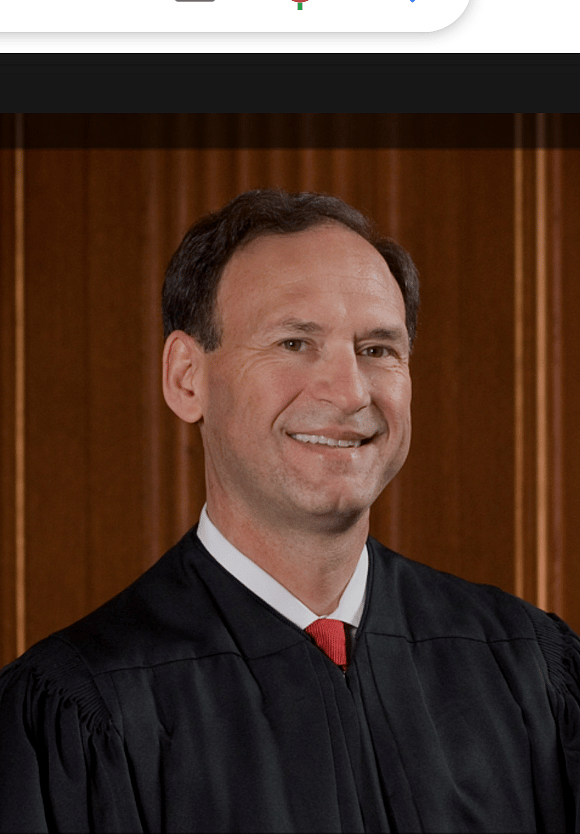Thirty Best Quotes From Samuel Alito’s Draft Decision Upending Roe v. Wade

On Monday night, May 2, Politico published a draft opinion of the United States Supreme Court that would overturn Roe v. Wade, the 1973 decision that legalized abortion nationwide.
According to Politico, the five conservatives on the court have voted in favor of the decision, which was written by Justice Samuel Alito. The three liberals are against, while John Roberts, the chief justice, apparently hasn't made up his mind.

